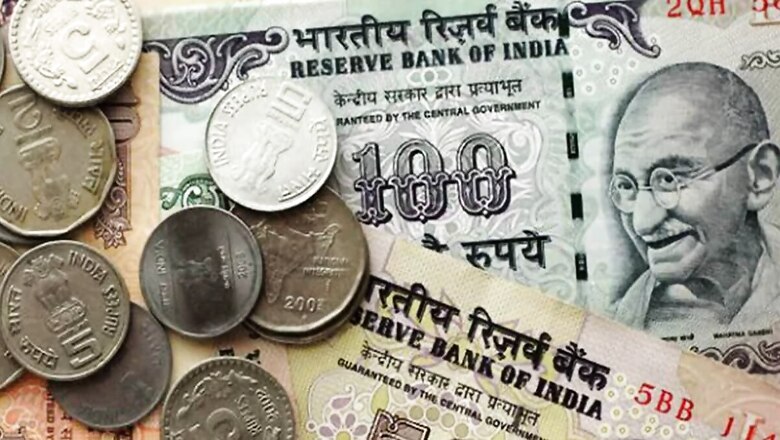
views
Saving money can help you build an emergency fund that can be used to cover unexpected expenses such as a sudden illness, job loss, a new mobile or car repair. Having an emergency fund can provide you with financial security and peace of mind in times of uncertainty.
Similarly, a house budget is an essential tool for managing your finances and achieving your financial goals. By taking the time to create a budget and sticking to it, you can build a strong foundation for your financial future. Changing your habits can be a great way to save money without investing.
Here are some general tips for saving money that might be helpful to you or others who are looking for ways to save money in 2023.
- Set a budget: Creating a budget is the first step in saving money. You need to track your income and expenses, and allocate a certain amount of money towards savings every month.
- Reduce unnecessary expenses: Whenever possible, cut back on non-essential expenses like eating out, entertainment, and shopping. Look for ways to save on these expenses, such as eating at home or finding free activities to do.
- Consider using public transportation: If you live in a city with good public transportation, consider using it instead of driving your car. This can help you save money on fuel, maintenance, and parking fees.
- Save energy: Save energy at home by turning off lights and electronics when not in use, using energy-efficient appliances, and using natural light instead of artificial light.
- Cook at home: Cooking at home can be a great way to save money on food. Plan your meals in advance and buy groceries in bulk to save even more.
- Compare prices: Before making a purchase, compare prices across different retailers and online platforms. This can help you find the best deals and save money.
- Use credit cards wisely: If you use credit cards, make sure to pay off your balance in full every month to avoid interest charges. Also, look for credit cards that offer rewards or cashback on your purchases.
- Avoid impulse buying: Try to avoid making impulse purchases by giving yourself time to think about a purchase before making it. This can help you avoid buying things you don’t really need or want.
- Buy in bulk: Buying in bulk can help you save money on items that you use frequently, such as groceries or household essentials.
- Plan your travel in advance: If you’re planning a trip, book your travel and accommodation in advance to take advantage of early bird discounts and other offers.
- Use loyalty programs: Many retailers and service providers offer loyalty programs that allow you to earn points or rewards for your purchases. Take advantage of these programs to save money on your future purchases.
- Shop during sales and festivals: Look out for sales and festivals throughout the year, such as Diwali, Christmas, and Independence Day. Retailers often offer discounts and promotions during these times.
- Cut down on subscriptions: Take a look at the subscriptions you’re paying for and see if you can cut down on any that you’re not using or don’t need.
- Fix things instead of buying new: If something breaks, try to fix it instead of immediately buying a new one. This can help you save money on replacements and also reduce waste.
- Use free resources: Look for free resources that can help you save money, such as free financial planning tools or free online courses.
- Use discounts and coupons: Look for discounts and coupons when shopping for groceries, clothes, and other items. Many retailers offer special discounts and promotions that can help you save money.
Remember, saving money requires discipline and patience. By making small changes to your daily habits, you can make a big difference in your overall finances. The key to saving money is to be mindful of your spending and make conscious choices about where your money goes. By adopting a few simple habits, you can make a big difference in your financial health over time.
Read all the Latest Business News, Tax News and Stock Market Updates here



















Comments
0 comment